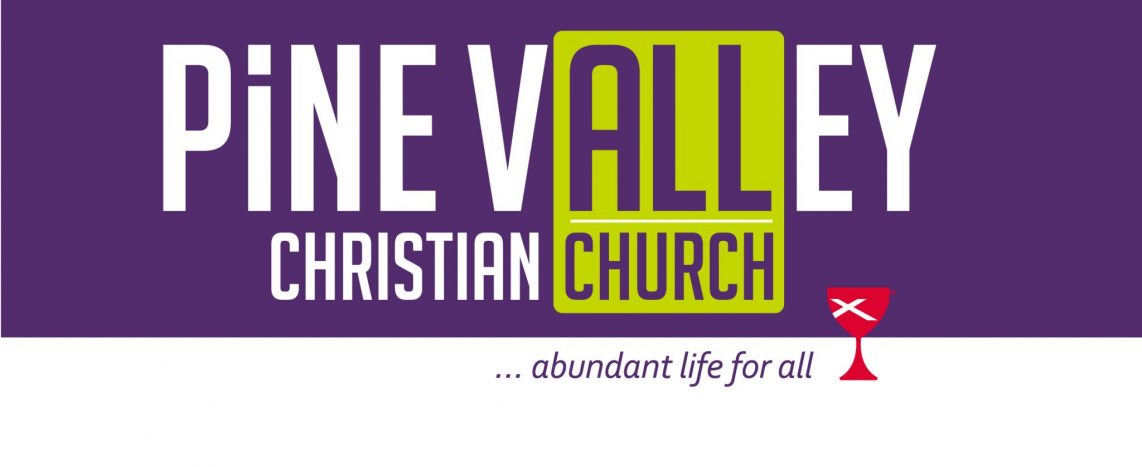Worship Reflection Sunday, November 13, 2022
“Dream Without Borders”
Matthew 25
In our education class this morning we learned about Howard Thurman. He was a mystic, a leader in the civil rights movement, author, preacher, and an apostle of nonviolence. He was pastor of the Church for the Fellowship of All Peoples, in San Francisco. The congregation that it is “a church dedicated to personal empowerment and social transformation through an ever-deepening relationship with the Spirit of God in All Life.” Isn’t that a wonderful statement? It was the first intentionally interfaith and interracial congregation in the United States. Imagine that.
Dr. Thurman wrote a number of books, the best-known being Jesus and the Disinherited. Another of his books is called Deep is the Hunger. It is a collection of meditations on spirituals. He also has a book of sermons called The Growing Edge. A line in that sermon is “Look well to the growing edge.” As I recall now, in this sermon he challenges us to think about the edges, the borders, our experiences of finitude, not simply as limitations, but rather to consider these experiences and conditions as the growing edges. Look well to the growing edges. We often find ourselves in the sand traps of life, thinking “if only . . . “Thurman says instead of cursing the darkness, instead of thinking about what you don’t have or wish you did have, look to the growing edge.
In the sermon title I was thinking about Howard Thurman’s idea of the growing edge. I was also thinking about the recent elections, and Representative Ralph Warnock’s quote that was seen so often on the internet. He said, “A vote is a prayer about the kind of world we want to live in.” His quote continues, “Our prayers are stronger when we pray together. Make a plan to vote today.” And many of us did vote our prayers. We voted dreaming about the world not simply as it is, but dreaming about the world as it might be, as it could be and can be. Dreaming that another world is possible. The voting is done, but the praying has to go on.
I think that the reading from Matthew 25 invites us to Dream about the kind of world we want. We often think of the familiar words as encouragement for pastoral ministry: feed the hungry, clothe the naked, welcome the stranger, visit the sick and those who are in prison. These are individual acts of kindness and mercy. But they are also a prayer. These words embody a vision of a world in which everyone’s basic needs for food, clothing, shelter, and safety are met and no one is left out, left behind, forgotten, or deemed unworthy because we are, each of us, made worthy by the love of God. God’s love creates worth. This is the good news.
Today there are eight billion of us passengers on this spaceship earth, trying to figure out how to live together. Matthew 25 is life’s little instruction book on how to live together. A description of an antithetical way of being is found in the Gospel of Luke, 12:13-21. Here Jesus tells the story of the man who needed to build bigger barns. Mr. Bigger Barns was preoccupied with the accumulation of what the comedian George Carlin affectionately called “stuff.” He never had enough “stuff.” Fool, Jesus says, what good does it do to gain the whole world and lose your soul? (Mark 8:36-37).
The good news is, we don’t have to live like fools. There is another way. The truth is that societies and individuals become what we value. What Matthew 25 is teaching us is that the true measure of any society is the well-being of the community. The text itself gives us markers: eliminate hunger, homelessness, poverty. Dr. King said that the great evils of our time are the giant triplets of racism, materialism, and militarism.” He warned that these giants are incapable of being conquered without a revolution in values. With a revolution in values, he believed, we can remove the conditions of poverty, insecurity, and injustice. “Now, “he said, “now let us rededicate ourselves to the long and bitter–but beautiful–struggle for a new world.” This is our calling.
Click here for more Pastor’s Desk posts
.
